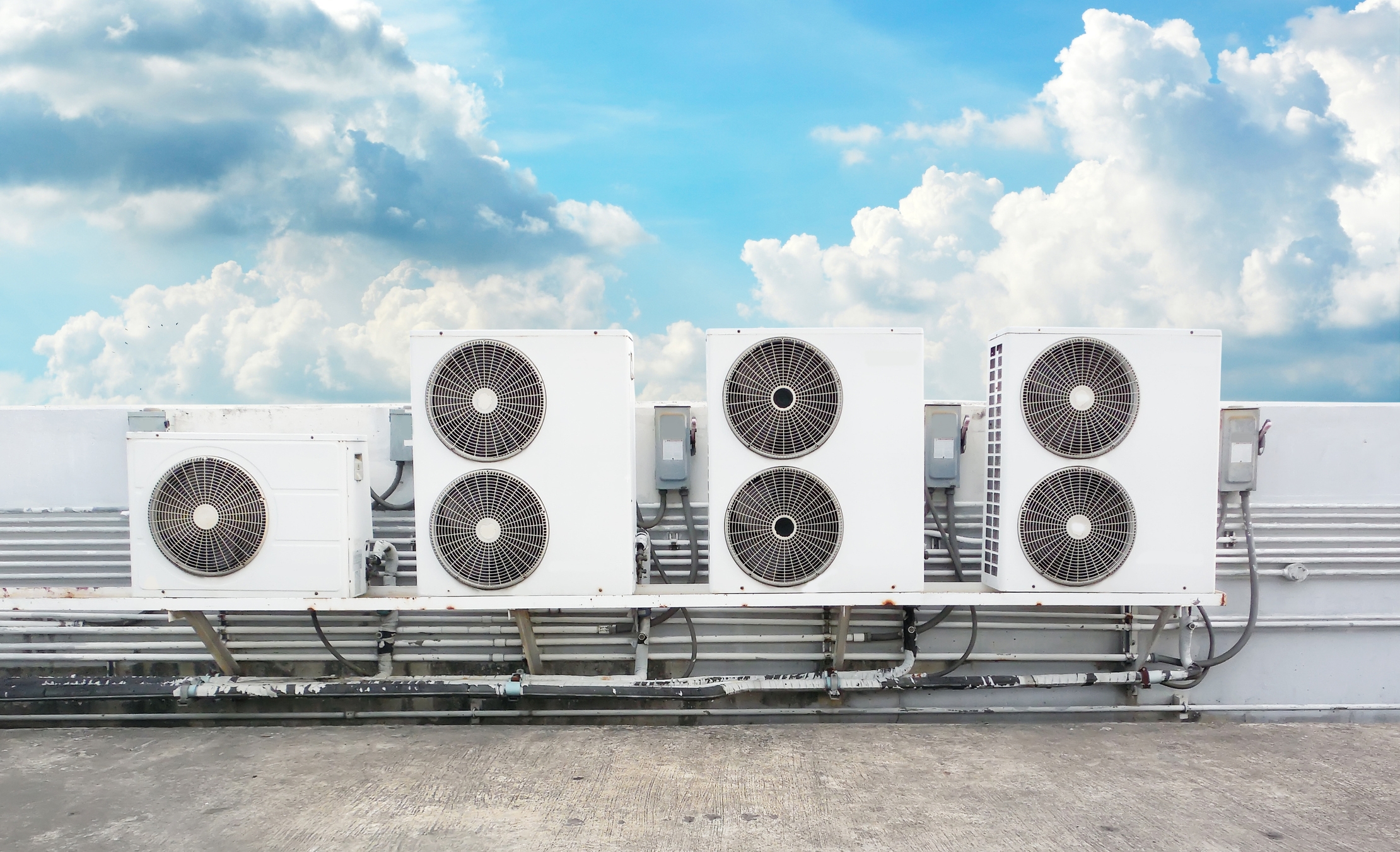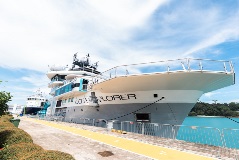Project Partner: Clean Cooling Collaborative
Geographies: China, India, Southeast Asia
What is the core idea of the pilot?
As global temperatures rise, more than 1.1 billion people are exposed to risks from extreme heat. Rising temperatures have also resulted in the increased adoption of cooling appliances, which are in turn contributing to higher GHG emissions and exacerbating global warming. Without intervention, cooling-related GHG emissions could climb from 7% of the world’s total emissions today to 10% over the next 25 years, driven by escalating demand that will more than triple air-conditioning adoption.
Clean Cooling Collaborative's (CCC) goal is to transform the cooling sector by increasing access to life-saving cooling while making solutions more energy-efficient and climate-friendly. Their work also extends to solutions for refrigeration which reduces food loss and the resulting additional emissions from the decomposition of food. Through grants and high-impact collaborations, CCC mobilises governments, industry stakeholders, financial institutions, and businesses to act on cooling.
Why is this innovative?
CCC is currently the only global intermediary focused on the topic of clean cooling, putting the need for climate-friendly cooling on the global agenda as both a climate and a development priority.
Some of their recent projects include:
- Scaling non-mechanical cooling solutions using materials that reflect solar radiation for roofing and wall cladding in Indonesia.
- Accelerating the commercialisation of air-conditioners with five times lower climate impact that could potentially prevent 68 gigatons of CO2 emissions through the Global Cooling Efficiency Accelerator
- Improving Minimum Energy Performance Standards across 6 products for commercial refrigeration in China
- Working to successfully phase out the use of high global warming potential refrigerants (HFCs) used in new cooling equipment
What will success look like?
By 2050, CCC aims to reduce cumulative CO2 emissions from the cooling sector by 100 gigatons and increase access to clean cooling solutions. This is expected to also bring about enhanced resilience to extreme heat (better health, fewer deaths, improved productivity), better air quality, reduced food loss and better livelihoods, lower utility bills, and fewer power outages.
CCC’s approach is organised around 4 focus areas:
- Raise the profile and resources for clean cooling
- Avoid and reduce the need for mechanical cooling through passive cooling solutions
- Optimise and improve efficiency and energy standards for mechanical cooling
- Increase access to clean cooling for low-income, heat-vulnerable communities
How will success be achieved?
CCC’s results framework is structured around the programme’s four strategic outcomes areas (Raise, Avoid/Reduce, Optimise/Improve, Increase Access) with 20 set indicator targets. As of June 2024, they have already exceeded 5, achieved 3 and are making progress towards the remaining 12.
Some of their achievements since 2022 include:
- 71 national governments signing the Global Cooling Pledge to spur national ambition to reduce global cooling-related emissions by 68% by 2050.
- 2 million super-efficient ceiling fans deployed in India
- Replenishing US$965M to the Montreal Protocol’s Multilateral Fund to phase out HFC refrigerants
- 142 km2 of cool roofs installed across Indonesia
- 6 cooling products Minimum Energy Performance Standards adopted
- 50 CCC-led or supported resources published
- 128 grants launched with 36 implementing partners
Who is leading the project?
Since 2022, CCC is a philanthropic initiative of ClimateWorks Foundation, a global platform for philanthropy to innovate and scale high-impact climate solutions that benefit people and the planet. They deliver global programmes and services that equip philanthropy with the knowledge, networks, and solutions to drive climate progress for a more sustainable and equitable future. Since 2008, ClimateWorks has granted over $1.8 billion to more than 850 grantees in over 50 countries.
-1-pager.png?sfvrsn=6b4d3057_1)







.tmb-.jpg?Culture=en&sfvrsn=9ab1f1f6_1)




